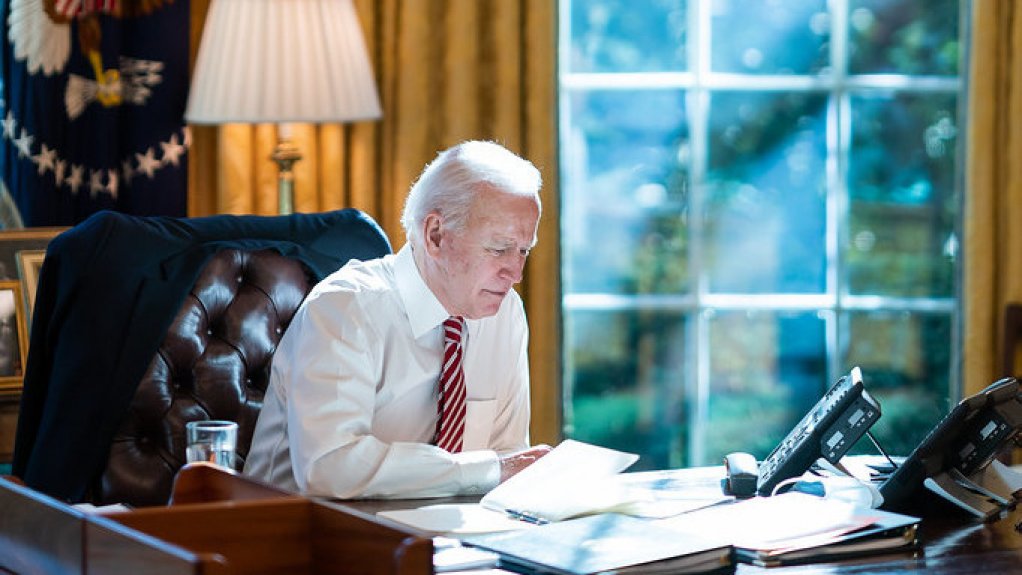
Vilsack’s comments were among the first from a senior official in President Joe Biden’s administration on the proposed underground mine, which environmentalists fear would permanently mar the Boundary Waters Canoe Area Wilderness on the US-Canada border.
Twin Metals and its supporters, including several Minnesota labor unions, have said the project can be constructed safely and in a way that boosts the region’s economy.
The Biden administration is “trying to find the balance between preserving a pristine area, and at the same time looking for ways in which job growth, economic growth can take place in rural areas. And that’s what we’re going to attempt to do. There are no final decisions being made on this,” Vilsack told reporters in a White House briefing.
Representatives for Twin Metals, which is controlled by Chile’s Antofagasta, said the company expects the regulatory review process “to remain fair and based on science and law in the years ahead.”
Friends of the Boundary Waters Wilderness, an environmental group opposed to the project, said in response to Vilsack’s comments that mining in the region would be “much more of a soggy Band-Aid than any kind of real fix for the area’s economy.”
Former US President Barack Obama‘s administration had started a two-year process that would have banned copper mining in the Boundary Waters region for 20 years. But his successor, Donald Trump, put that process on hold, effectively letting mine planning continue.
Some of Twin Metals’ leases for the land also expired under Obama, though Trump reissued them.
Environmentalists had been expecting the Agriculture Department, which oversees the US Forest Service, the agency that controls federal lands in the region, to restart the review process for the 20-year ban and also pull the land leases.
Representative Betty McCollum, a Minnesota Democrat, introduced a bill last month that would ban mining in the region. Biden only has the power to block mining for 20 years in the region, though Congress can permanently block it.
In March, Vilsack moved to temporarily block another controversial copper mine, Rio Tinto’s Resolution Copper project in Arizona.


